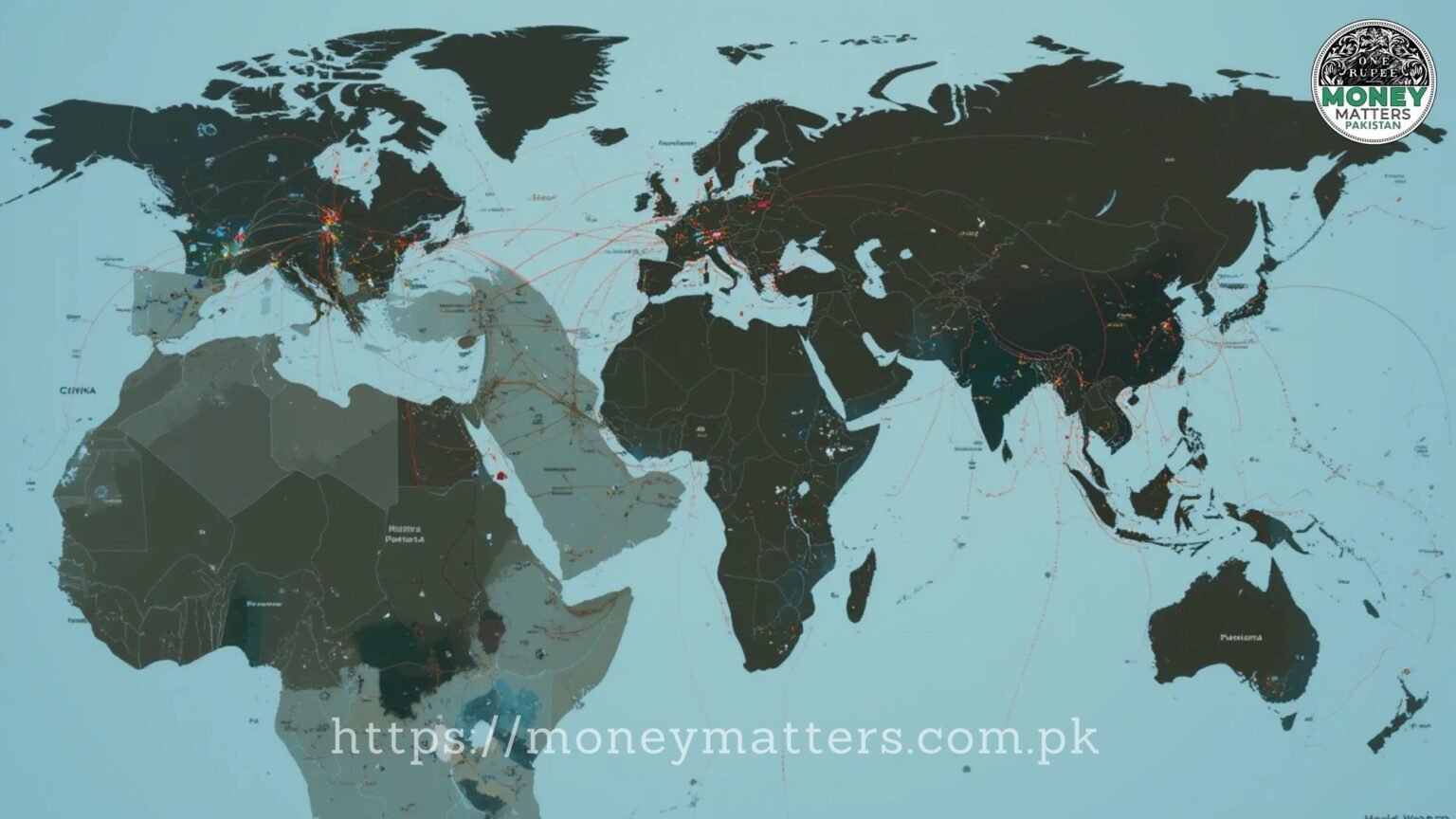Analysis of Potential Economic Repercussions for Pakistan Amidst Global Trade Uncertainty
Key Takeaways:
i) The IMF chief urged the US and China to reduce trade tensions, highlighting the negative impact of increased tariffs and non-tariff barriers on the global multilateral system.
ii) The IMF acknowledges existing trade grievances between the US and China, emphasizing the need for a fairer, rules-based system.
iii) While the article mentions India reducing trade barriers, the broader context of US-China tensions carries significant implications for Pakistan’s economy.
Islamabad, Pakistan – April 18, 2025 – International Monetary Fund (IMF) Managing Director Kristalina Georgieva has called upon the United States and China to de-escalate their ongoing trade disputes. Speaking at a recent event in Washington, D.C., Georgieva emphasized that the rising tide of tariffs and non-tariff trade barriers is fostering negative perceptions of the global trade system.
Pakistan, heavily reliant on international trade, faces potential repercussions from increased global trade uncertainty.
The IMF chief acknowledged that both the US and China harbor trade-related grievances. However, she stressed the importance of reducing uncertainty and establishing a fairer, rules-based international trade environment.
Pakistan, heavily reliant on international trade, faces potential repercussions from increased global trade uncertainty. Escalating tensions between the world’s two largest economies could disrupt global supply chains, impacting Pakistan’s exports and imports. Furthermore, a slowdown in global economic growth, triggered by trade conflicts, could negatively affect foreign investment flows into Pakistan.
The IMF’s call for eased tensions underscores the interconnectedness of the global economy. Pakistan, therefore, has an interest in a stable and predictable international trade landscape.




